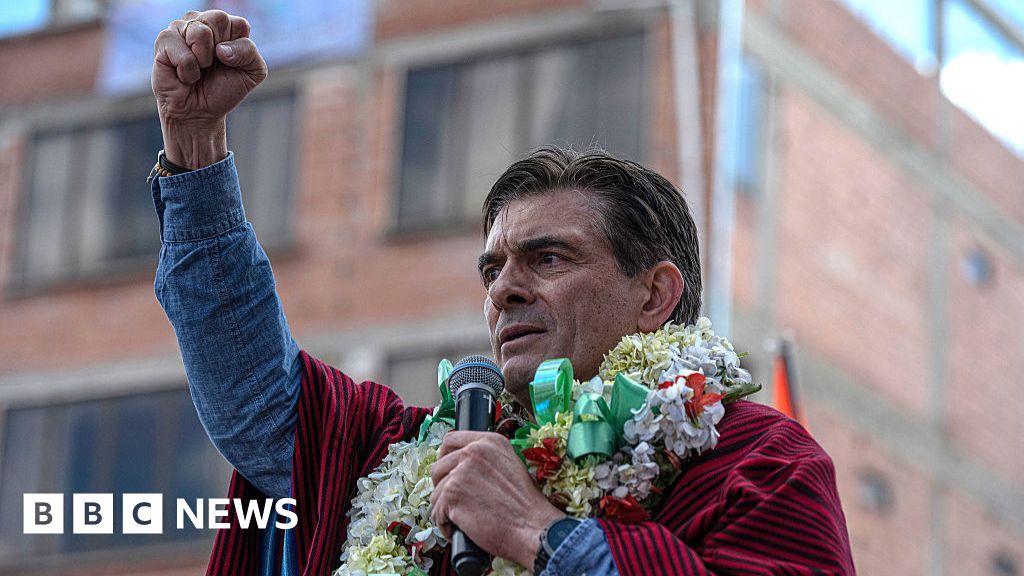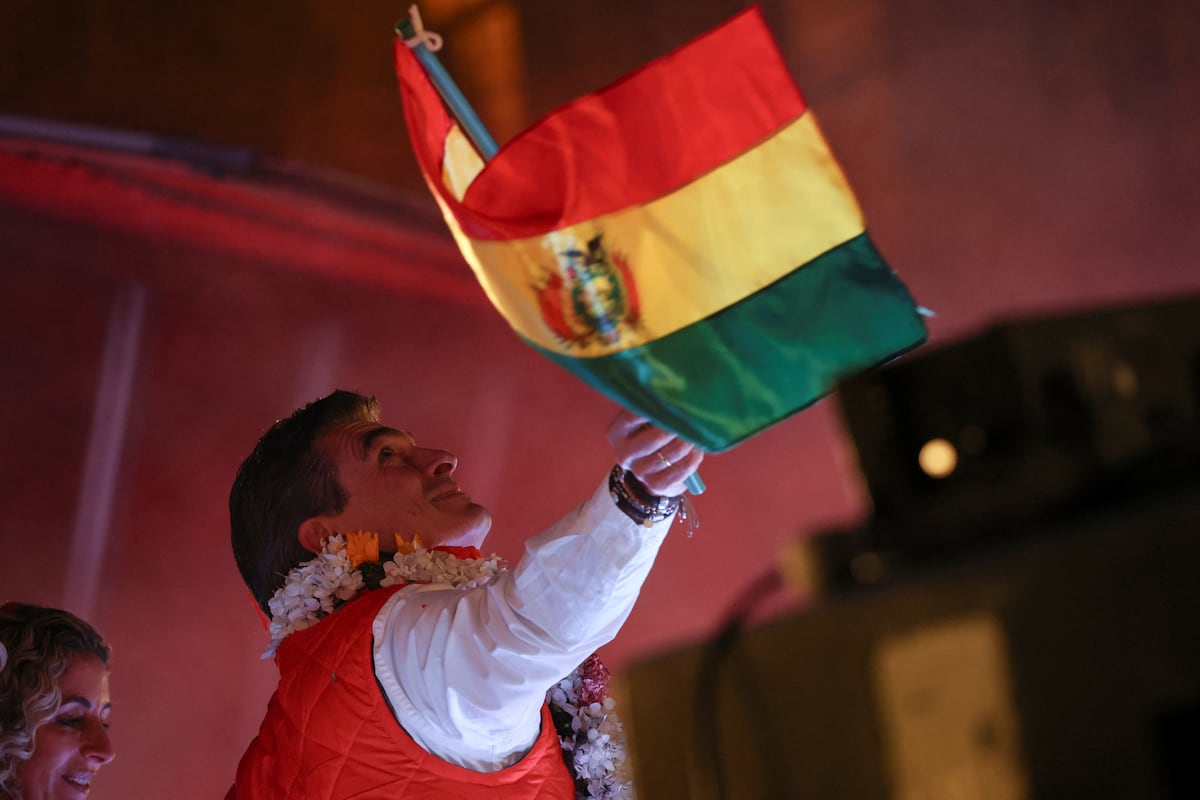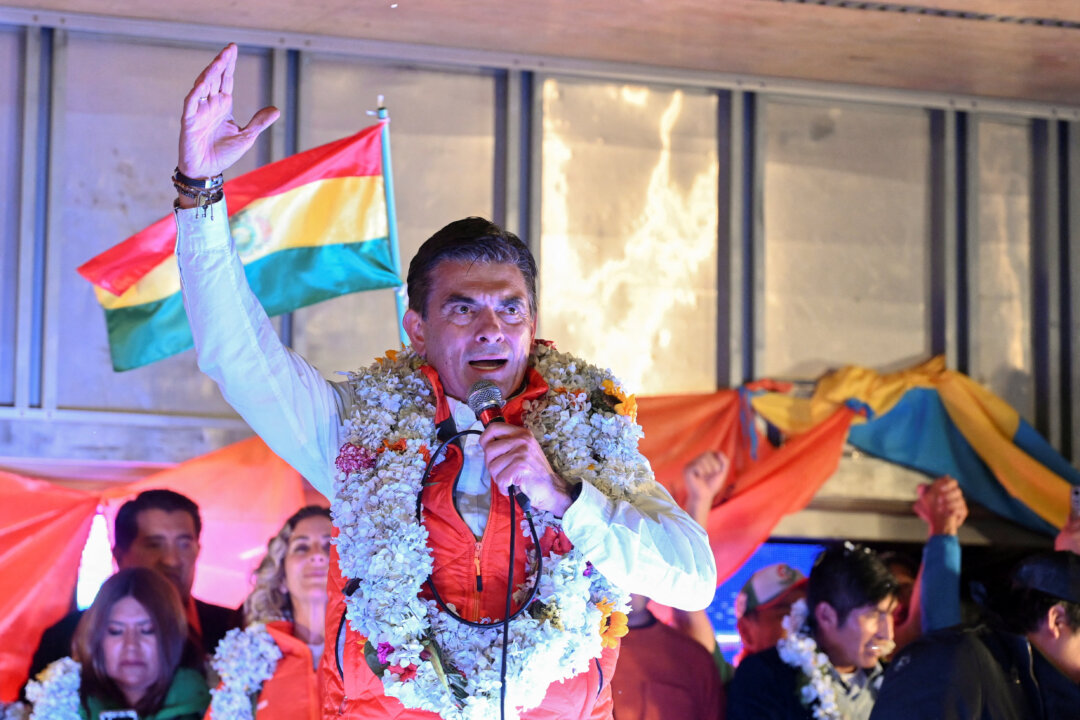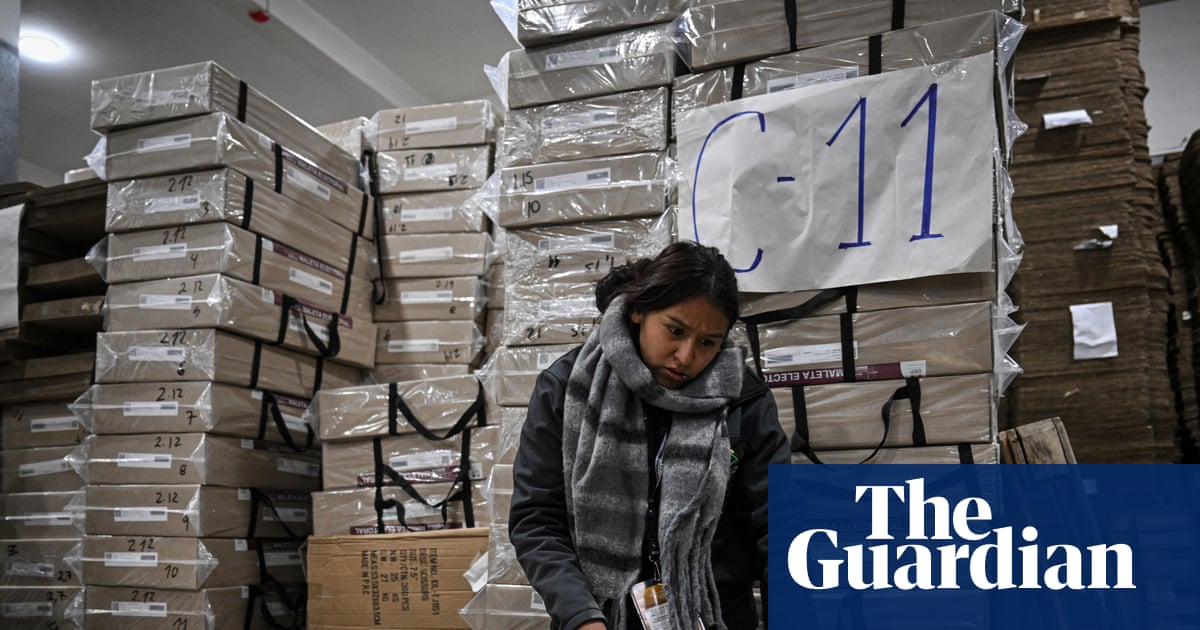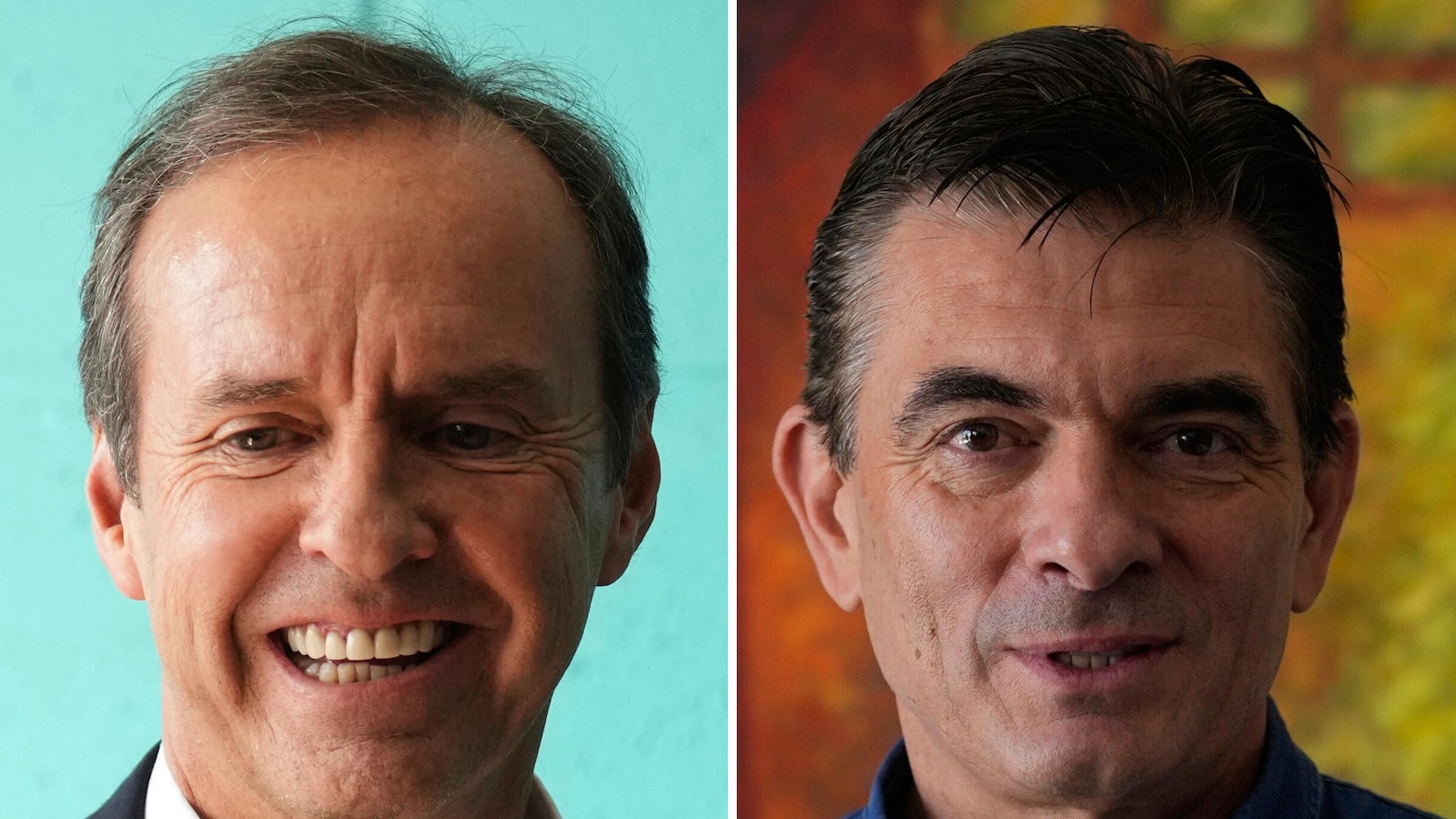Rodrigo Paz Wins Bolivian Presidency, Ending Two Decades of Leftist Rule Amid Economic Crisis
Centrist Rodrigo Paz won Bolivia's presidency with 54.5% of votes, ending 20 years of leftist rule. He vows to tackle the severe economic crisis and corruption.
Overview
- Rodrigo Paz secured Bolivia's presidency with 54.5% of the vote, becoming the first centrist leader in two decades and ending nearly 20 years of governance by the Movement for Socialism party.
- His victory was fueled by widespread voter outrage over Bolivia's deep economic crisis, characterized by high inflation, severe shortages of US dollars, and critical fuel scarcity across the nation.
- President-elect Paz plans to address these economic challenges by ending fuel shortages, phasing out subsidies, reducing public investment, and restoring confidence in the national currency.
- Centrist Rodrigo Paz's running mate, ex-police Captain Edmand Lara, helped attract working-class and rural voters frustrated with government corruption, contributing to his election victory.
- His election suggests potential improvements in relations with the United States, though Paz's party lacks a legislative majority, posing challenges for implementing his ambitious reform agenda.
Report issue

Read both sides in 5 minutes each day
Analysis
Center-leaning sources frame Rodrigo Paz's victory as a necessary corrective to Bolivia's dire economic state, explicitly attributing the crisis to the previous socialist government's "statist economic model." They emphasize the economy being "in shambles" and "crippled," positioning Paz as the leader poised to implement "pragmatic, business-friendly reforms" to lift the country out of its "worst economic crisis in four decades."
Articles (10)
Center (4)
FAQ
Bolivia is experiencing severe inflation, critical fuel shortages, scarcity of US dollars, high fiscal deficits, and declining revenue from natural gas exports, contributing to the worst economic crisis in decades.
Rodrigo Paz's victory was driven by widespread voter frustration with economic crisis and government corruption, and his centrist platform attracted working-class and rural voters, especially with his running mate Edmand Lara's background as an ex-police captain appealing to these groups.
He plans to resolve fuel shortages, phase out subsidies, reduce public investment, restore confidence in the national currency, and implement reforms to stabilize the economy despite lacking a legislative majority.
Rodrigo Paz's election suggests potential improvements in relations with the United States, moving away from the prior leftist policies, although the lack of a legislative majority could limit the pace and scope of any diplomatic changes.
The main challenges include governing without a legislative majority, political resistance from long-standing leftist parties, high public debt at 95% of GDP, continuing economic instability, and managing social unrest amid reforms like subsidy removal and fiscal consolidation.
History
- 2d

 3 articles
3 articles
